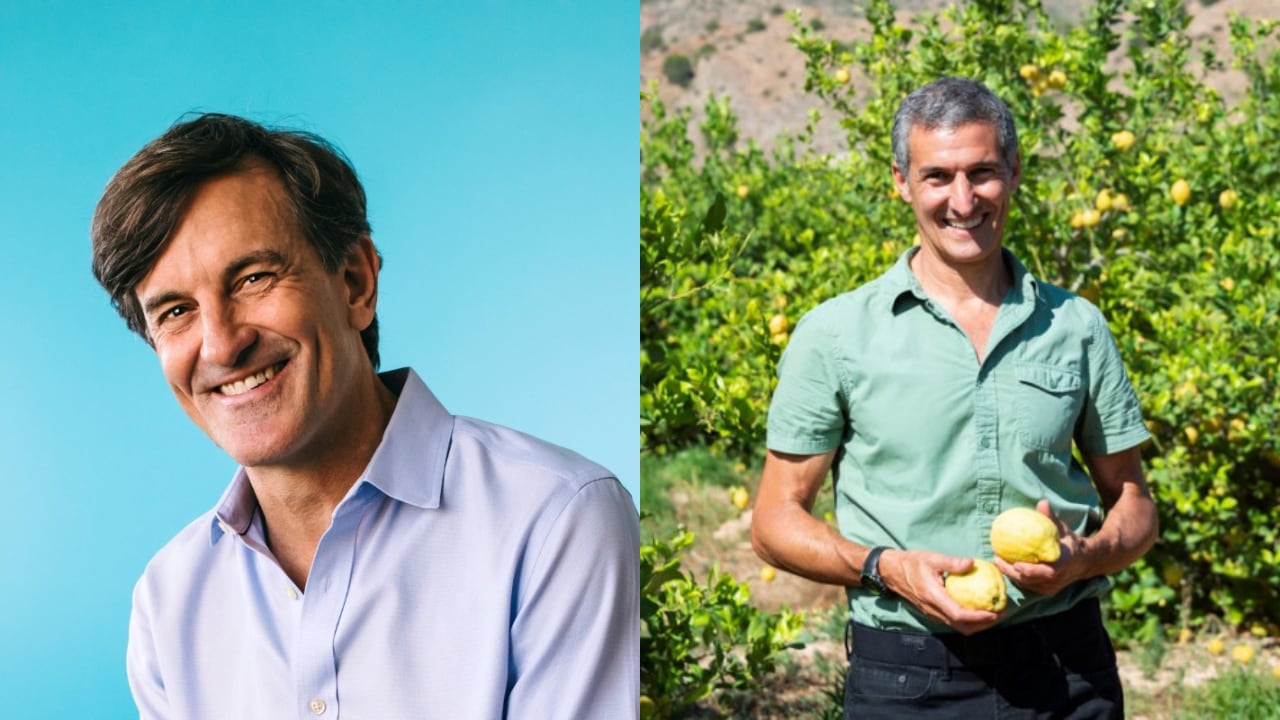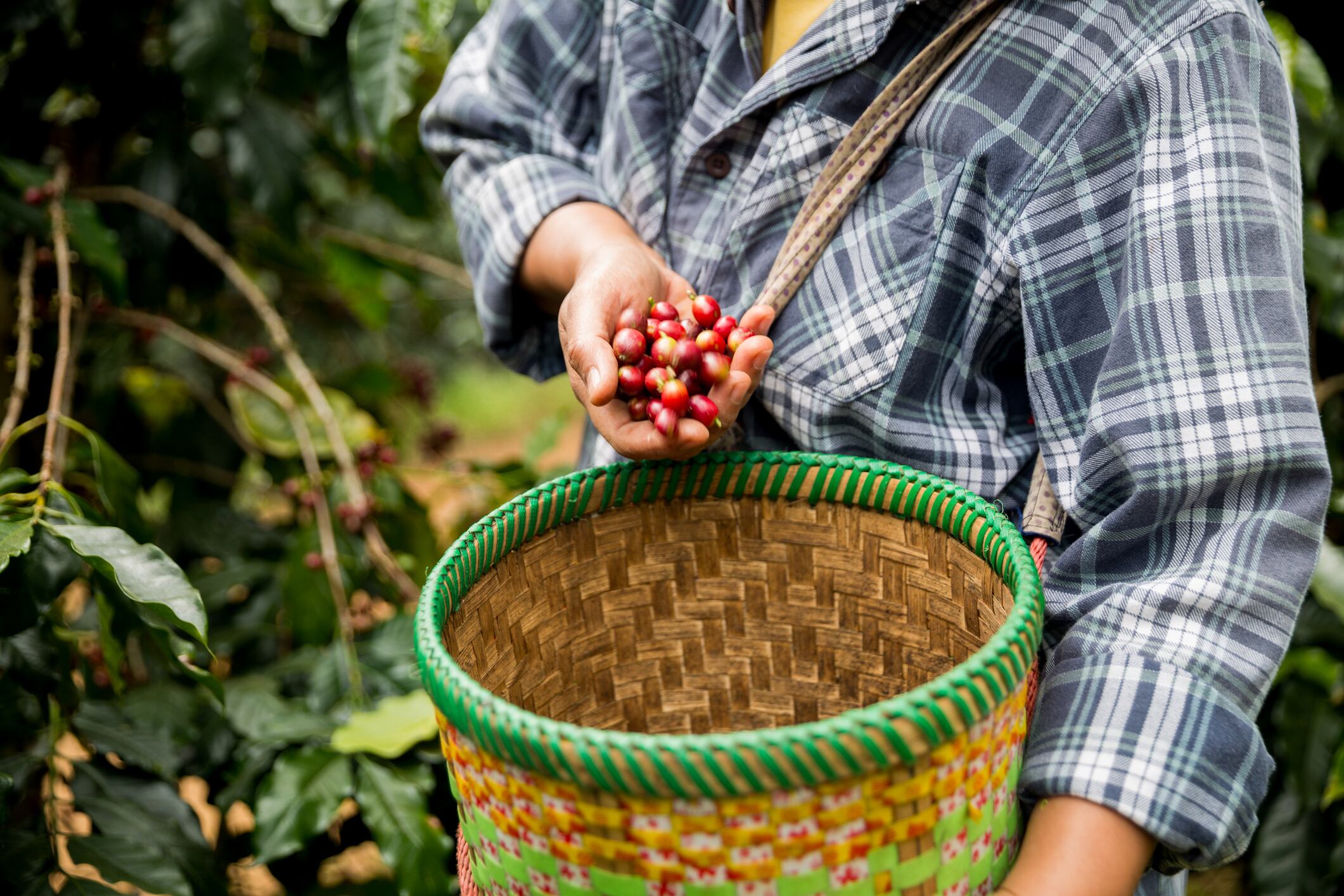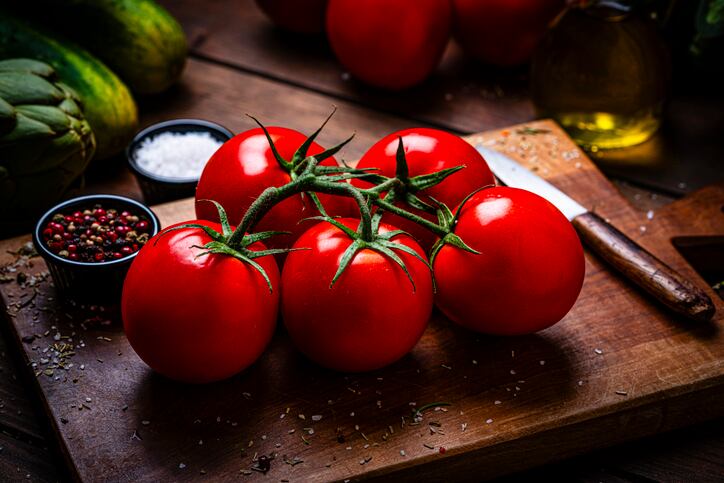For more than a quarter of a century, Paul Rice, founder of Fair Trade USA, and Seth Goldman, co-founder of Honest Tea and CEO of Just Ice Tea, have championed ethical sourcing with a laser focus on fair wages and environmental sustainability.
While the two were not connected in 1998, the year they both kicked off their endeavors, Rice and Goldman followed similar trajectories in becoming leaders in the ethical business sector. But a lot has changed over nearly three decades, and with every success comes a new set of challenges.
They joined moderator Melissa Martinelli, co-chair of the Naturally New England Programming Committee and founder of Super Frau!, an upcycled fizzy whey drink, in the Naturally Chicago webinar: “Real Talk: Lessons from the Front Lines of Fair Trade, Organic & Sustainable Sourcing” on Tuesday to discuss the future of Fair Trade.
Era of greenhushing
Climate change increasingly poses an existential threat to the planet, and while greenwashing continues from unscrupulous brands, a more immediate risk has developed under the current political climate, according to Rice.
“What I’m seeing a lot more of right now is not greenwashing, it’s greenhushing,” he said. “It’s brands that are doing the work, but are keeping quiet about it, because they’re trying to stay under the administration’s radar screen and not be punished for continuing to do the work around sustainability.”
While smaller companies are still shouting their Fair-Trade successes from the rooftops, larger companies are backing away from publicly declaring them, he said.
“I do see some companies toning down the public communications and the consumer education around their sustainability practices and that, I think, is really disturbing too, the fact that we have to greenhush in this age, and obviously the courageous ones won’t do that,” Rice said.
Greenhushing is no new concept, though. Ramya Ravishankar, general counsel for food rating company HowGood, discussed the topic on FoodNavigator USA’s Soup-to-Nuts podcast in December, where she explained another motivation for the greenhushing phenomenon – lawsuits.
Lawsuits alleging greenwashing and false advertising, whether true or not, can turn into a legal headache for companies who get “dinged for their bona fide investments in this space,” she said.
Sustainability not a niche
Who pays for Fair Trade is a question that all companies grapple with, according to Rice, who dedicated a chapter to the topic in his book, “Every Purchase Matters: How Fair Trade Farmers, Companies, and Consumers Are Changing the World,” which was published in April.
One school of thought says consumers should pick up the tab for ethical sourcing and sustainability, but Rice said the distinction can bring value to brands that enable them to grow large enough to internalize the Fair Trade premium.
“I interviewed John Mackey, the founder of Whole Foods, and he said consumers should pay for it, and in fact, they expect sustainable products to be a little bit more expensive,” he said.
But companies like NatureSweet, which produces snacking tomatoes are bucking that trend, Rice added.
“NatureSweet started with us selling Fair Trade tomatoes in Walmart four years ago as a pilot, and after two years, they found so much value in the Fair Trade model and in the Fair Trade premium, which is only two cents a pound for tomatoes, that they decided to go 100% Fair Trade and internalize the two cents and pay it out of margin,” he said.
Fair Trade pay for Mexican farmers lowered their costs through worker retention, which helped the company absorb the premium, Rice explained.
“I asked Rodolfo Spielmann, the CEO, what was the calculus that allowed you to do that, to not pass it on to the consumer, and he said, ‘Look, when we implemented Fair Trade, our worker retention went through the roof. Workers didn’t want to leave,’” he said, noting that retention at NatureSweet grew to eight times the national average in Mexico.
That means lower training costs and higher productivity, Rice explained.
Goldman’s Just Ice Tea is a testament to the supply chain reliability that comes from Fair Trade, Rice said. Just Ice Tea has built strong relationships with organic tea farmers in Mozambique who are loyal to the company, because they are invested in the product’s success.
The greatest metric is rapid growth, according to Goldman, who said Just Ice Tea is the fastest-growing tea brand in the country.
“These days, growth is hard to come by,” Goldman said. “So when you have the fastest-growing brand in a category – a category that, by the way, had been stalled out, stagnant to declining – and you have a brand that’s now recreating growth in the category, that’s an easy case to make to investors.”
Telling the Fair Trade story
Fair Trade is more than just a label, and consumers are looking for “an emotional bonus prize” that tells the product’s story, according to Rice.
Some consumers will know what the Fair Trade label means, but others are looking for the feel-good factor of doing the right thing.
Simply including the label lacks the emotional intimacy of bringing to life the producer working to bring the product to life. Companies have an opportunity in Fair Trade to bring their products to life, he said.
“Imagine if every package of Fair Trade or organic or regenerative products had a QR code that allowed you to visit the farmer to hear about the impact you’ve made in the lives of those farmers and workers as a result of your purchase,” he said.




